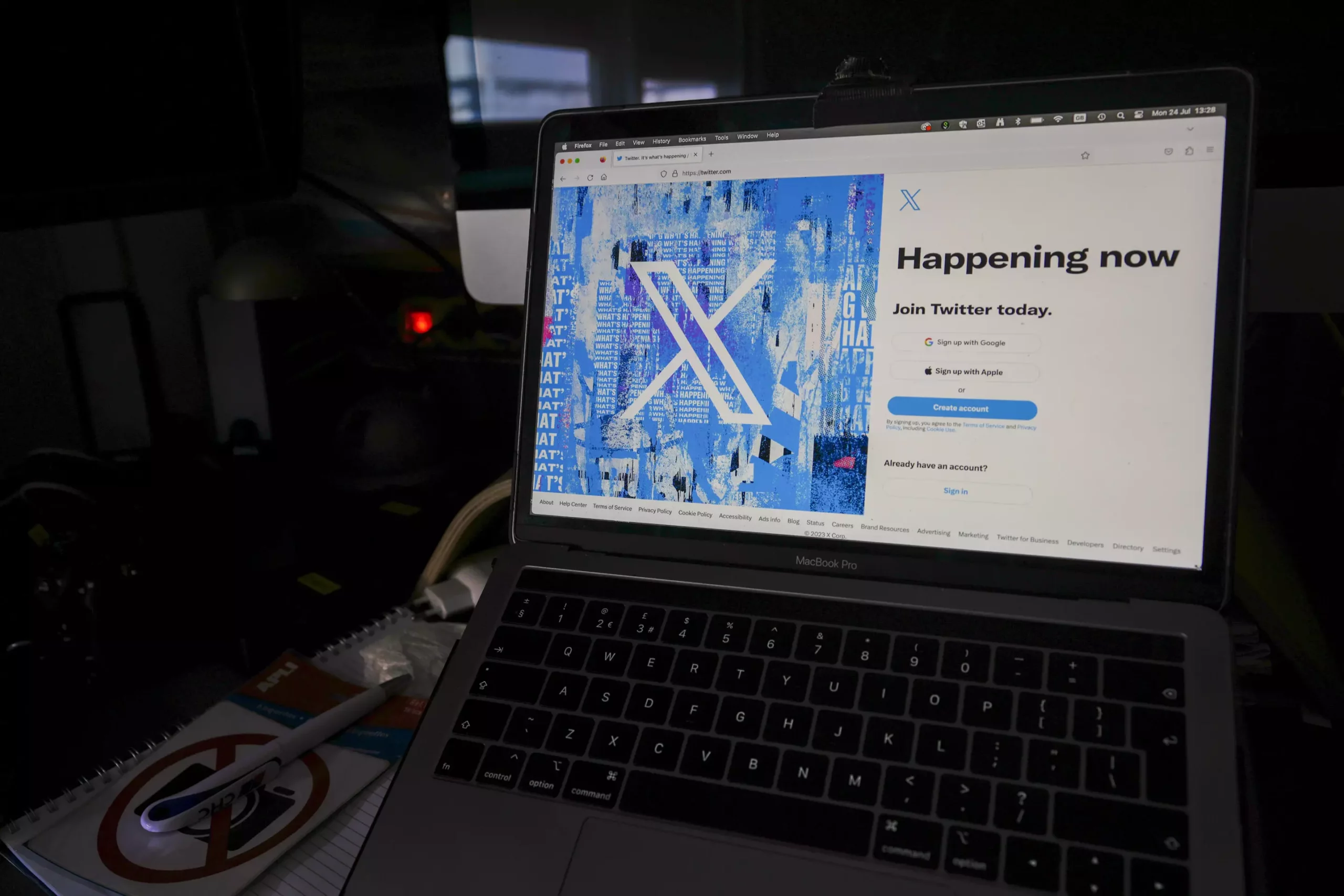In a recent turn of events, Brazilian Supreme Court Justice Alexandre de Moraes articulated new conditions for the reinstatement of Elon Musk’s social media platform, X, in Brazil. This decision came a day after X claimed it had fulfilled all prior requirements laid out by the court. The saga began nearly a month prior when De Moraes ordered the suspension of the platform due to ongoing disputes related to free speech, misinformation, and associations with far-right accounts. Musk, known for his controversial leadership style and audacious business strategies, is now facing a complex web of legal challenges in Brazil, a country of approximately 213 million where the platform had amassed over 20 million users.
The Underpinning Legal Framework
At the heart of this convoluted situation lies a significant ruling from Justice de Moraes, who indicated that X could not be operational again in Brazil until Starlink, a satellite-based internet service linked to Musk, withdrew its appeals concerning the case. This decision raises important inquiries regarding the relationship between different business entities owned by the same billionaire and how this intertwines with the judiciary’s authority. De Moraes asserted that both X and Starlink belong to the same economic group, a reasoning scrutinized by various legal experts who argue that this link may be tenuous at best.
Further complicating matters, De Moraes imposed a hefty fine of 10 million Brazilian reais (approximately $1.84 million) on X, with earlier fines already surpassing $3 million. This financial penalty not only signals the Brazilian government’s rigorous approach to digital governance but also underscores the significant economic stakes involved. In a world where social media platforms are often seen as vital constituents of public discourse, the interruption of services can have far-reaching consequences.
Adding to the drama was the revelation that X had inadvertently routed its users through Cloudflare servers, a maneuver that temporarily restored access for Brazilian users. X’s representatives stated that they intended to optimize their services for Latin American clients; however, this technical oversight inadvertently led to tensions with the Brazilian judiciary. A source close to the situation indicated that both De Moraes’ new stipulations and the ongoing challenges faced by X are unprecedented, illustrating the unique landscape of digital law where technology and legal frameworks often collide.
The legal representative appointed by X in Brazil had also been subjected to penalties for not complying with previous court orders, leading to an additional financial burden of 300,000 reais ($55,000). This part of the saga emphasizes the complications arising from international businesses navigating local laws, particularly in jurisdictions where legal precedents concerning tech companies are still being established.
Elon Musk and his supporters have vehemently criticized De Moraes, labeling him an authoritarian figure who imposes censorship. This critique, although aimed at the individual, also opens a broader dialogue about the responsibility of social media platforms in managing content and the extent to which they can influence public opinion. Musk argues that his ventures champion free speech, yet his actions have provoked scrutiny regarding the potential adverse implications for democratic discourse in a highly connected nation like Brazil.
Following the controversy, X recently announced a shift in strategy, stating its commitment to safeguarding freedom of expression while simultaneously respecting local regulations. This balancing act illustrates the challenges faced by global platforms in reconciling their policies with varying legal and social expectations across different countries. As X attempts to navigate its reinstatement in Brazil, the case stands as a pivotal moment in the ongoing debate about digital freedom, the legal obligations of social media companies, and the relationship between technology and governance.
The situation begs the question: what does the future hold for digital governance in a rapidly evolving world? The Brazilian case may serve as a precedent for how countries engage with tech giants, presenting a complex interplay of legal oversight, corporate responsibility, and social rights. As both X and Brazil traverse these intricate legal waters, it is crucial to recognize that this is not merely a corporate issue but a societal one impacting millions of users who rely on digital platforms for connection, expression, and information.
The ongoing litigation underscores the urgent need for comprehensive legal frameworks that address the unique challenges affiliated with social media and digital communication. As such, the outcome of this case may not only affect X’s operations but could also shape the future landscape of tech regulation globally, emphasizing the delicate balance between ensuring free expression and enforcing responsible governance in the digital age.


Leave a Reply